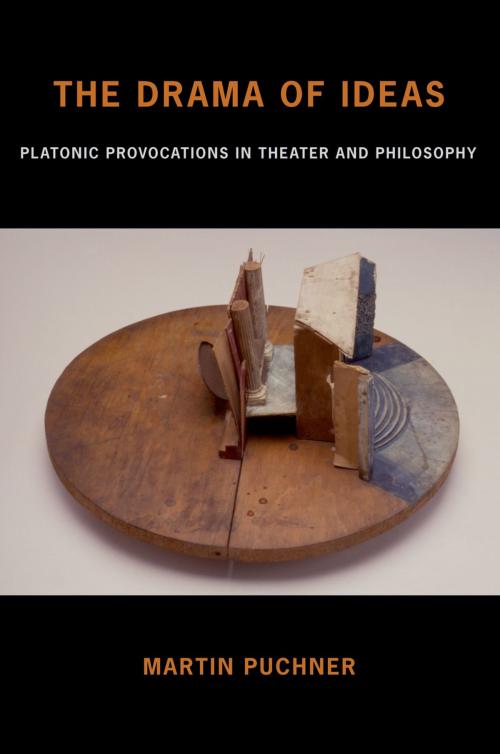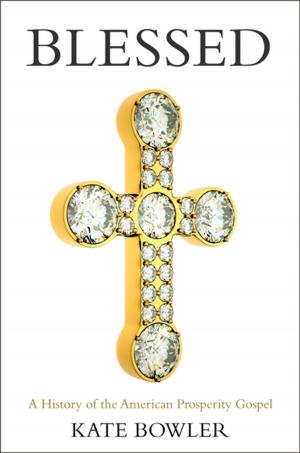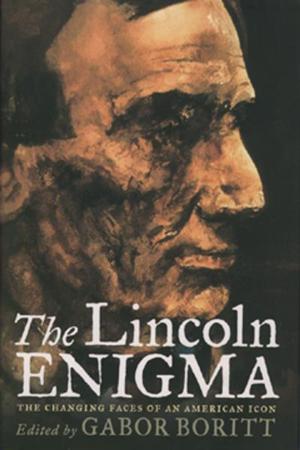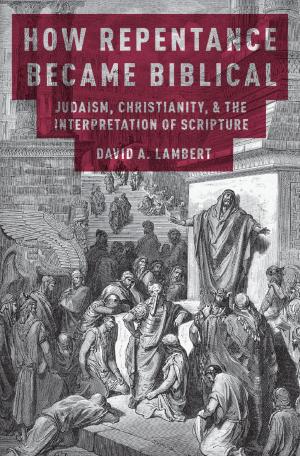The Drama of Ideas
Platonic Provocations in Theater and Philosophy
Nonfiction, Entertainment, Performing Arts, Theatre, History & Criticism, Religion & Spirituality, Philosophy, Ancient| Author: | Martin Puchner | ISBN: | 9780190453411 |
| Publisher: | Oxford University Press | Publication: | April 14, 2010 |
| Imprint: | Oxford University Press | Language: | English |
| Author: | Martin Puchner |
| ISBN: | 9780190453411 |
| Publisher: | Oxford University Press |
| Publication: | April 14, 2010 |
| Imprint: | Oxford University Press |
| Language: | English |
Most philosophy has rejected the theater, denouncing it as a place of illusion or moral decay; the theater in turn has rejected philosophy, insisting that drama deals in actions, not ideas. Challenging both views, The Drama of Ideas shows that theater and philosophy have been crucially intertwined from the start. Plato is the presiding genius of this alternative history. The Drama of Ideas presents Plato not only as a theorist of drama, but also as a dramatist himself, one who developed a dialogue-based dramaturgy that differs markedly from the standard, Aristotelian view of theater. Puchner discovers scores of dramatic adaptations of Platonic dialogues, the most immediate proof of Plato's hitherto unrecognized influence on theater history. Drawing on these adaptations, Puchner shows that Plato was central to modern drama as well, with figures such as Wilde, Shaw, Pirandello, Brecht, and Stoppard using Plato to create a new drama of ideas. Puchner then considers complementary developments in philosophy, offering a theatrical history of philosophy that includes Kierkegaard, Nietzsche, Burke, Sartre, Camus, and Deleuze. These philosophers proceed with constant reference to theater, using theatrical terms, concepts, and even dramatic techniques in their writings. The Drama of Ideas mobilizes this double history of philosophical theater and theatrical philosophy to subject current habits of thought to critical scrutiny. In dialogue with contemporary thinkers such as Martha Nussbaum, Iris Murdoch, and Alain Badiou, Puchner formulates the contours of a "dramatic Platonism." This new Platonism does not seek to return to an idealist theory of forms, but it does point beyond the reigning philosophies of the body, of materialism and of cultural relativism.
Most philosophy has rejected the theater, denouncing it as a place of illusion or moral decay; the theater in turn has rejected philosophy, insisting that drama deals in actions, not ideas. Challenging both views, The Drama of Ideas shows that theater and philosophy have been crucially intertwined from the start. Plato is the presiding genius of this alternative history. The Drama of Ideas presents Plato not only as a theorist of drama, but also as a dramatist himself, one who developed a dialogue-based dramaturgy that differs markedly from the standard, Aristotelian view of theater. Puchner discovers scores of dramatic adaptations of Platonic dialogues, the most immediate proof of Plato's hitherto unrecognized influence on theater history. Drawing on these adaptations, Puchner shows that Plato was central to modern drama as well, with figures such as Wilde, Shaw, Pirandello, Brecht, and Stoppard using Plato to create a new drama of ideas. Puchner then considers complementary developments in philosophy, offering a theatrical history of philosophy that includes Kierkegaard, Nietzsche, Burke, Sartre, Camus, and Deleuze. These philosophers proceed with constant reference to theater, using theatrical terms, concepts, and even dramatic techniques in their writings. The Drama of Ideas mobilizes this double history of philosophical theater and theatrical philosophy to subject current habits of thought to critical scrutiny. In dialogue with contemporary thinkers such as Martha Nussbaum, Iris Murdoch, and Alain Badiou, Puchner formulates the contours of a "dramatic Platonism." This new Platonism does not seek to return to an idealist theory of forms, but it does point beyond the reigning philosophies of the body, of materialism and of cultural relativism.















